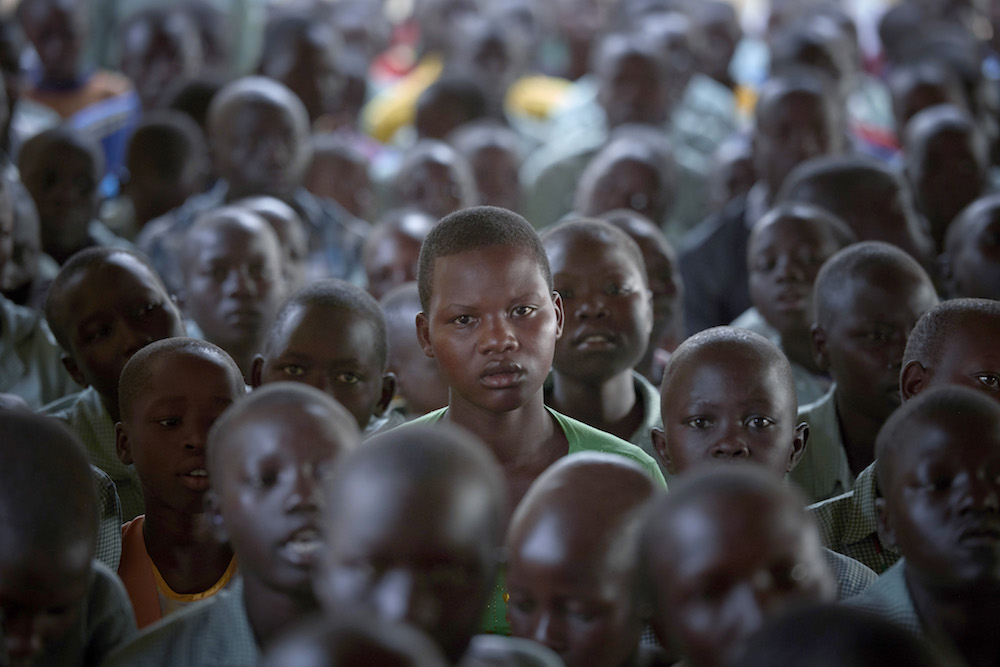As war continues in South Sudan, a neighboring diocese in Sudan is housing more than 200,000 South Sudanese refugees, its bishop said.
Bishop Yunan Andali of El Obeid, Sudan, said 200,000 is the number registered -- many have not registered. More than half of the registered refugees are Catholics, which presents a pastoral challenge for church leaders, who are offering humanitarian as well as spiritual assistance.
South Sudan gained independence from Sudan in July 2011. However, over the past several years, a civil war has escalated to what the U.N. Refugee Agency calls a "full-blown humanitarian emergency."
"The total number of South Sudanese refugees has now passed 2 million; it is the largest refugee crisis in Africa, and the third-largest in the world," said the website of the UNHCR. It notes that 65 percent of South Sudanese refugees are under the age of 18.
Uganda is hosting more than 1 million South Sudanese refugees. Bishop Andali said some in Uganda are not receiving religious services.
The El Obeid Diocese is one of the two dioceses that remained Sudan after the split with South Sudan. El Obeid serves much of Darfur and the Nuba Mountain regions.
"Most local Christians live in the Nuba Mountains," the bishop said of his diocese. "The greatest difficulty we encounter with this large group of the faithful is to ensure that they acquire religious education in state schools, because the subject is compulsory in schools run by the state."
He said his country has no religious freedom -- it is 97 percent Muslim -- but most people tolerate other religions.
"We can carry out our activities within our old churches, but not outside. State regulations prohibit construction of new churches and transfer of land ownership to the church. Thanks to the help of the universal church, we have purchased private houses to carry out some of our pastoral activities. In this way we can reach our faithful in their homes and pray with them even in areas where there are no church buildings," Bishop Andali said.

